The classical defense of free trade, the one found in Econ 101 textbooks and Ricardo’s comparative advantage model, goes something like this: countries should specialize in what they can produce most efficiently, export the surplus and import the rest. Trade allows global output to increase, everyone gets richer and any government interference – like tariffs or subsidies – just gums up the works.
But that’s not the world we live in.
David Ricardo, the early 19th-century British economist who developed the theory of comparative advantage, illustrated it with a now-famous example: even though Portugal could produce both wine and cloth more efficiently than England, both countries would benefit if Portugal specialized in wine and England in cloth, then traded. The key insight was that relative productivity – not absolute efficiency – should guide trade. Comparative advantage, not national supremacy, made trade mutually beneficial and increased total output.
In a world where production is distributed between countries according to comparative advantage, trade interventions like tariffs and export subsidies tend to make everyone worse off. Global output falls because countries try to produce everything themselves instead of specializing, trading their surplus and using the proceeds to import what they lack.
But in the 21st-century global marketplace, production isn’t guided by the invisible hand of comparative advantage. It’s increasingly dictated by the visible fists of industrial policy. China, Germany, South Korea and others have embraced forms of predatory mercantilism – deploying subsidies, trade barriers, currency manipulation and state-directed capital to dominate global markets. They aren’t playing the game of free trade more aggressively. They’re playing a different game altogether, as I’ve explained at length many times over the past few years in the Breitbart Business Digest.
In this environment, the old objections to tariffs simply don’t hold. The idea that tariffs lower overall efficiency assumes the world is operating under conditions of free exchange between equal partners. But when our trading partners are not maximizing efficiency, but maximizing dominance, the free-trade logic collapses.
Under a system of predatory mercantilism, allowing free access to our markets can reduce global output – because it drives efficient domestic producers out of business and concentrates production in politically favored industries abroad, often those with lower productivity or higher environmental and human costs.
More importantly, predatory mercantilism produces persistent trade imbalances that hollow out the productive base of countries that try to play by the old rules. Instead of trade being a mutually beneficial exchange – cloth for wine, as Ricardo put it – it becomes a one-sided extraction of industrial capacity and long-term economic potential. The US runs deficits; China runs surpluses. We consume; they produce. That’s not comparative advantage– it’s strategic dependence.
This has massive implications for policy. It means that trade restrictions and tariffs can be used by the US to offset the mercantilist policies of others. Far from reducing global efficiency, they can increase it – by relocating production away from the distortions imposed by bureaucrats in Beijing and Berlin and back toward genuinely productive firms and regions.
“Liberation Day” – President Trump’s name for the launch of his new tariffs – is the day America stops pretending the global trading system resembles a textbook model. Tariffs are not about rejecting trade; they are about rejecting the illusion that trade, under current conditions, is fair or efficient. If we want to revive American manufacturing, rebuild strategic industries, and reduce our dangerous dependence on hostile or manipulative regimes, we need to rethink trade from the ground up.
John Carney is finance and economics editor of Breitbart and co-author of the Breitbart Business Digest.











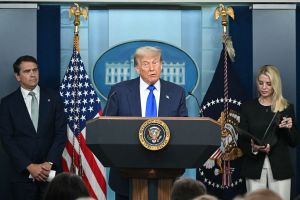

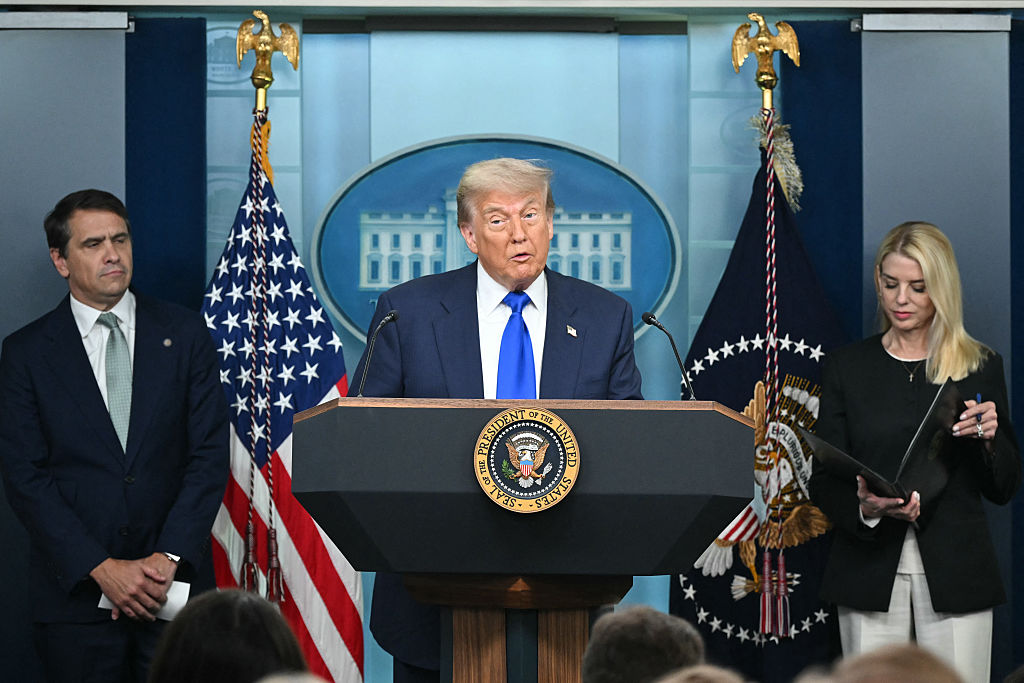
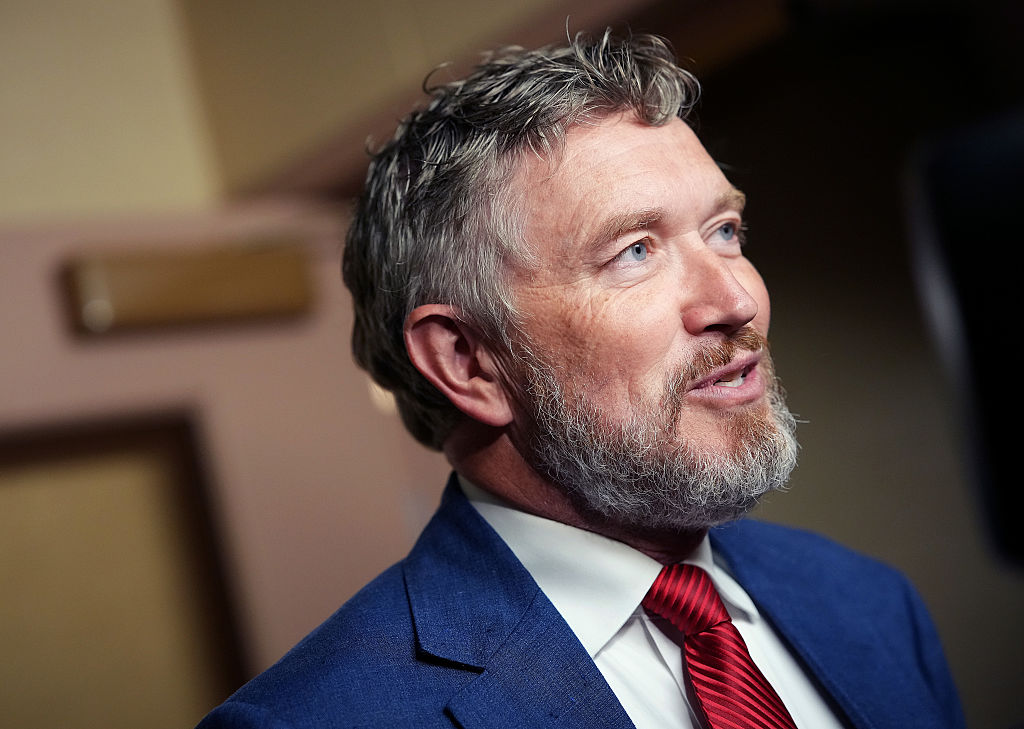

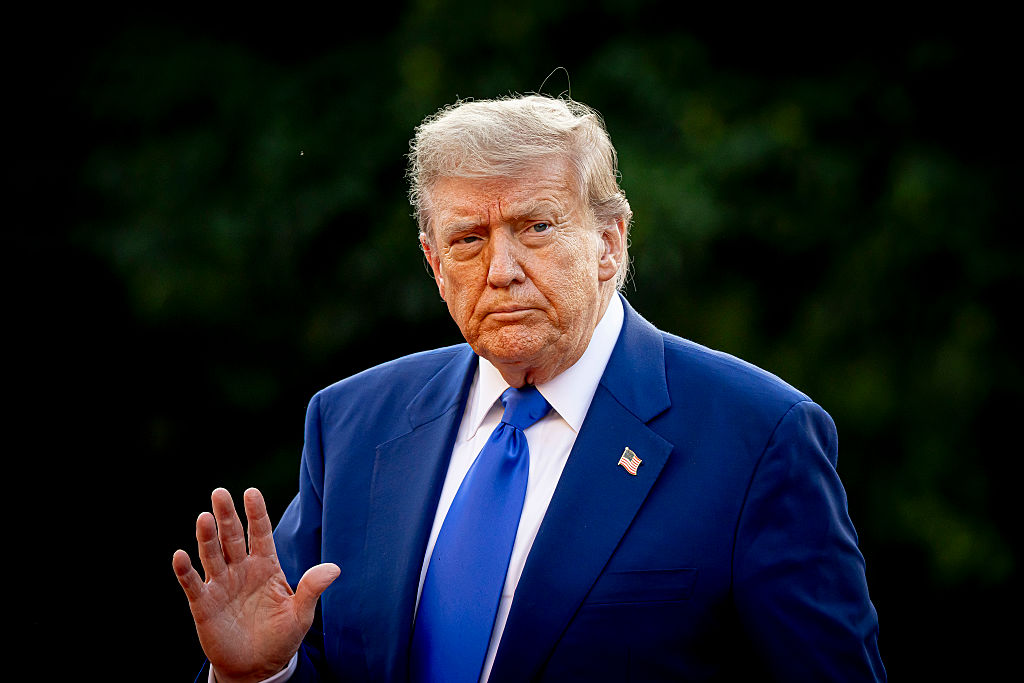
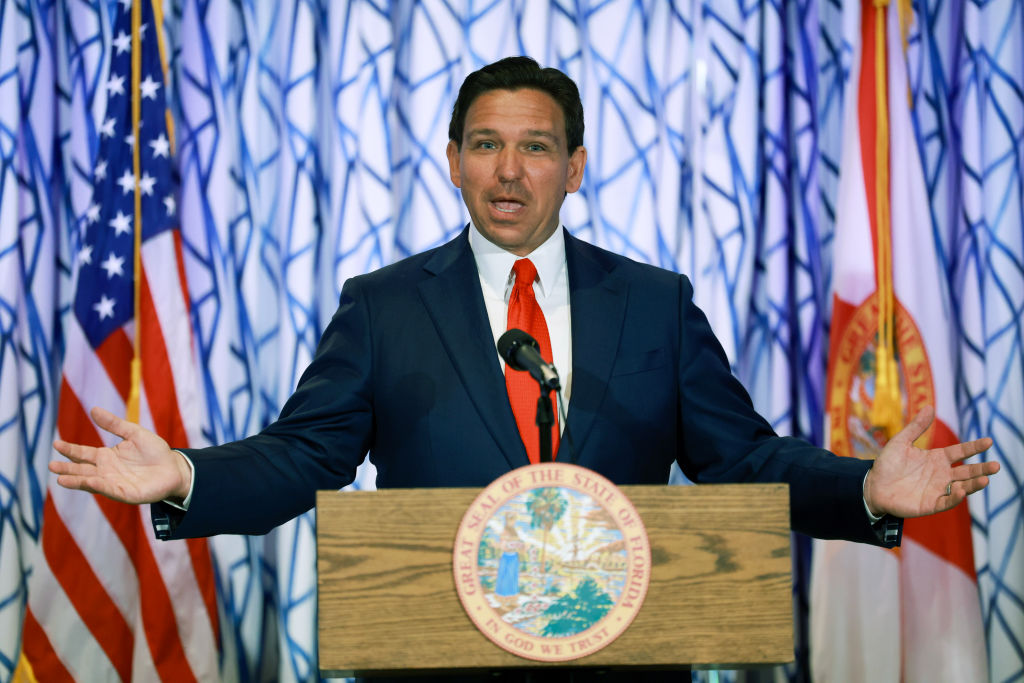
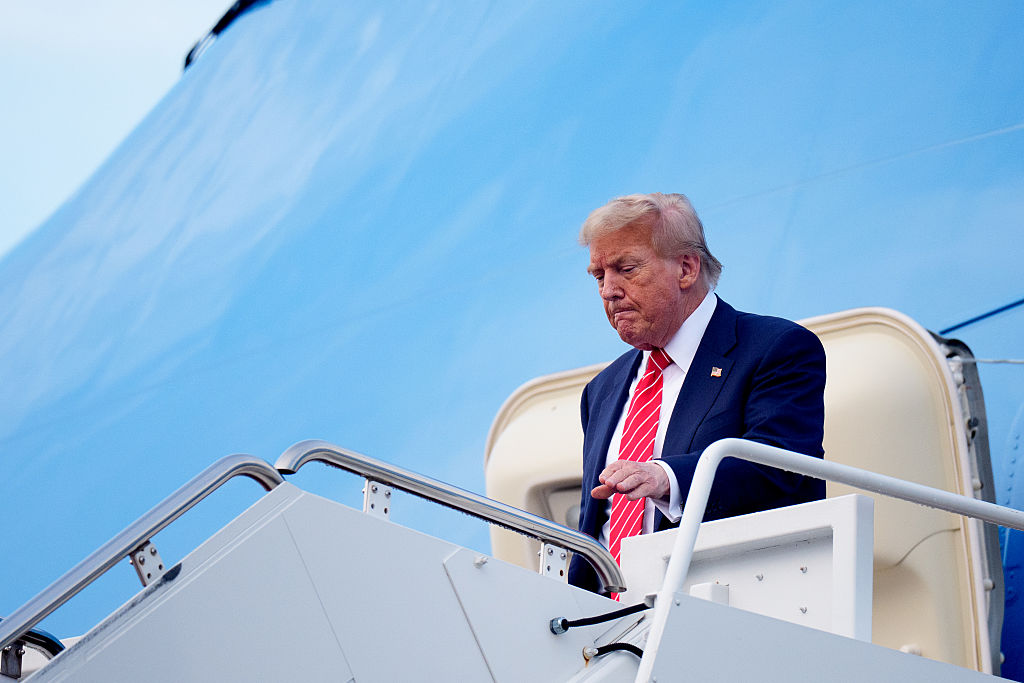







Leave a Reply